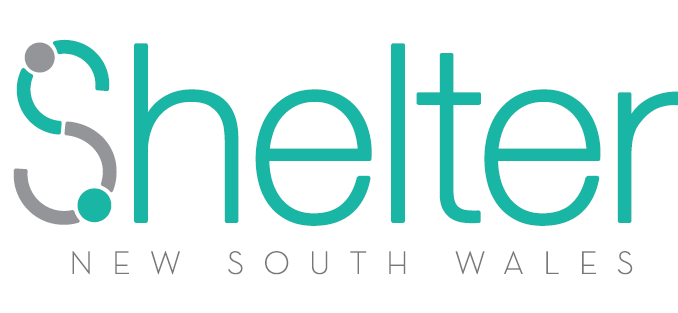With inflation already eating away at low-income households, reported estimates of energy retail prices rising by as much as 35% next year fill many with trepidation. During this week we’ve seen the Federal Parliament and State Governments struggling with options to contain the cost-of-living-crisis. This issue of course has been a multi-year slow burn that has now erupted into a full on crisis.
Shelter NSW welcomes a recent agreement between the Commonwealth, state and territory governments to amend the National Construction Code to require higher energy efficiency standards for residential dwellings. As noted by our colleagues at the Public Interest Advocacy Centre (PIAC), this will lift minimum NatHERS Energy efficiency rating from 6 to 7 Stars. This is good news for the nation’s carbon reduction efforts but will also flow through to homes that cost less to run and live in. We’re pleased to see that the NSW Government has confirmed it will implement the improvements from October 2023 for new housing and renovations over $50,000.
These reforms are an important step for future dwellings but unfortunately do little to improve the standards of existing dwellings – especially those being rented.
People are getting sick because of their rental homes. This is the grim summation of the Healthy Homes for Renters Campaign – a national campaign that Shelter NSW is proud to support. According to this campaign Australian homes, on average, have low energy performance with rental homes especially affected. People are forced to choose between large and rising energy costs and other life essentials. Households with children, older people and people with pre-existing health conditions are put at risk.

Renters in NSW have few choices to improve the energy efficiency of their homes and landlords are reluctant to invest in energy efficiency retrofits. As an example, according to sources quoted in a recent article 30% of Australian households have solar power but only 5% of rental properties.
Shelter NSW joins other advocates in calling for NSW to implement mandatory minimum energy efficiency requirements for rental properties – in the social, community and private rental markets.
The ACT has provided an excellent example of the potential for reform with the introduction of regulation requiring all residential rental properties to meet a new minimum energy efficiency standard for ceiling insulation – a relatively simple but highly effective approach for improving energy efficiency.
We appreciate that higher standards may put an impost on property investors, not all of whom are wealthy. It may prompt those investors to reconsider the long-term viability of their business models. Perhaps that’s a healthy thing. As we’ve cheekily noted on our social media before “If you can’t stand the heat (of being an ethical property provider), then it might be time to get out of the kitchen!”
